
views
Causes (& Fixes) of Clicking Noises when You Turn
Bad CV Joints The CV (constant velocity) joints connect the wheels to the axles. They help your car turn by allowing your tires to turn at different angles without fighting against the axles they’re connected to. If one of these joints is damaged or failing, it can cause a clicking noise while turning as the joint scrapes against its housing. Additional signs this is the issue: The clicking noise is paired with a creaking noise, it’s harder to turn the steering wheel than it normally is, and the noise sounds like it’s coming from behind your tires. The fix: See a mechanic. They’ll either swap the bad CV joint out or relubricate and readjust them to get rid of the noise. Expected cost: Minor adjustments will run around $150. Replacing a CV joint will cost up to $1,000.
Worn-out ball joints The ball joints are a core component of your car’s suspension. They connect the steering knuckle to the CV joints and tie rods so that your tires can move in any direction without creating resistance via friction. If the ball joints are worn down, you could hear clicking when you turn as the ball joints rub violently against the socket holding them in place. Additional signs this is the issue: Your steering wheel feels vaguely disconnected from the wheels, your steering wheel drifts to one side, or your car floats inside of the lane while driving. Over time, you’ll notice uneven tire wear, too. The fix: The ball joint causing the problem must be re-lubricated or replaced. Visit a mechanic to have them perform the work. Expected cost: Ball joint repairs tend to be pretty simple, so you’re unlikely to spend more than $200 on this.
Damaged tie rods The tie rods connect the steering system to the wheels. They work with the CV joints to allow the front wheels to turn. If any of the tie rods are damaged, it can cause suspension components to bang against one another, which can cause a clicking noise in some circumstances. Additional signs this is the issue: The clicking noise is paired with a thumping sound, your steering wheel shakes, and your vehicle drifts to one side when you drive. You may also hear the noise only coming from one side of the vehicle. The fix: Visit the mechanic to have the tie rod replaced. Expected cost: Expect to pay $100-400 depending on how common your vehicle is.
Bad sway bar links The sway bar is responsible for stabilizing your car and preventing it from rolling over if you turn violently or abruptly. If it’s damaged, it may bang against other parts of the suspension (or itself, if it cracks in two). The noise created by a damaged sway bar link will resemble more of a clunking or knocking sound, but it can kind of sound like clicking to some people. Additional signs this is the issue: A damaged sway bar might impact your steering or handling, but there may be zero additional issues depending on the depth of the damage. The fix: The sway bar needs to be replaced. See a mechanic to have them install a new one. Expected cost: The average cost will run around $200.
Dry or damaged bushings The suspension bushings are the rubber discs that support the steering and suspension joints to prevent friction and wear and tear. If they wear down or dry out, the metal components they’re supposed to cushion may bang against one another and cause the clicking noise. Additional signs this is the issue: The noise occurs when you hit potholes, in addition to when you turn. Your car may also feel like it’s driving rougher than it used to. The fix: The bushing needs to be relubricated or replaced. Visit a mechanic to have the work performed. Expected cost: If a bushing just needs to be lubricated, it may only run $50-100. Replacing the bushing may run up to $500 (mainly because it’s a lot of work to access them).
Old shocks This is more likely to cause a creaking sound, but it could create clicking noises depending on how brittle or damaged the shocks are. The shocks are responsible for cushioning the vehicle when it hits bumps or turns, but if they’re extremely old they can lock up or struggle to support the vehicle and cause noises. Additional signs this is the issue: Your ride is rougher than it used to be, potholes feel more intense, and it kind of feels like your vehicle is listing to one side. The fix: The shocks need to be replaced, so see a mechanic. Expected cost: This can run $500-1,500 depending on how complex the vehicle’s suspension is.
Old brake pads While brake pads normally make a screeching noise when they’re worn down, it is possible that it’ll sound like a stiff clicking sound if you brake abruptly. As a note, if you suspect your brake pads are to blame and you’re struggling to stop your vehicle, do not continue driving. Additional signs this is the issue: Your car isn’t stopping as quickly or responsively as it should be. If the issue is especially bad, you may see the BRAKE dash light illuminate. The fix: See a mechanic to have your brake pads replaced. Expected cost: Expect to pay around $200-800.
Worn-down tires If your tire tread is worn down, your tires will begin to wear unevenly. This will create flat spots on the tire. When those flat spots hit the road repeatedly, it can create a sound that resembles a clicking or flapping. Additional signs this is the issue: The tread on your tires is diminished, your car slides more often than it normally does, and the ABS light pops on more often than it used to. The sound will also be present when you aren’t turning most of the time. The fix: Get some new tires. You can do this yourself if you’ve got a home garage by propping the car up on jacks and swapping the tires out, but it’s also very easy for a mechanic or tire shop to do this. Expected cost: You’ll spend around $600 on a new set of wheels. You’ll save yourself $100-200 by swapping the tires out yourself.
Loose hubcaps or tires If one of your tires isn’t completely secured by its lug nuts or one of the tire’s hubcaps is loose, you may notice a clicking noise as the metal components rattle. This is a relatively rare situation, but if you’ve exhausted all other potential issues, tighten your tires and double-check the hubcaps. Additional signs this is the issue: Potentially none. You may notice your car wobbles when you speed up if one of the tires is really loose. The fix: Check your hubcaps and lug nuts. Tighten whatever needs to be tightened and replace the hubcap if there’s damage. Expected cost: None.
Can you drive if your car makes clicking noises while turning?
Yes, you can drive short distances if the suspension is the issue. The suspension system (CV joints, bushings, tie rods, etc.) is extremely important. However, if your car is operating fine outside of the clicking noises (and maybe some very minor additional symptoms) and you can still control your vehicle, you can likely drive short distances for a while without much worry. This isn’t to say you don’t need to address this! You 100% need to get your suspension system repaired soon. If you ignore minor suspension issues for too long, an axle may break or a tire may collapse.
If the tires or brake pads are to blame, it’s best to not drive. It’s one thing if you can still control your vehicle safely. However, if you’re having trouble braking due to extremely old brake pads or your tires are so worn down you’re skidding all over the place, you should not drive. The tow truck fee is a small price to pay for avoiding a potentially catastrophic car crash.











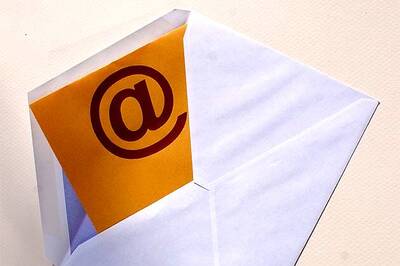

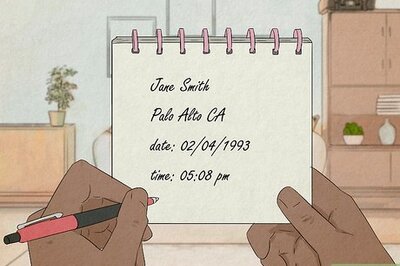

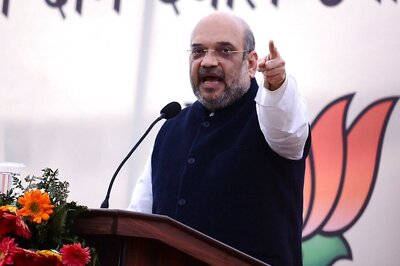
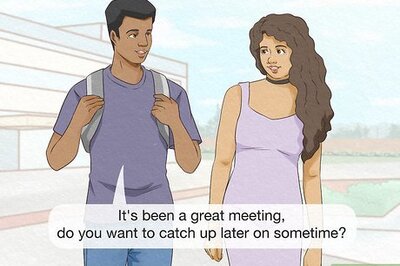
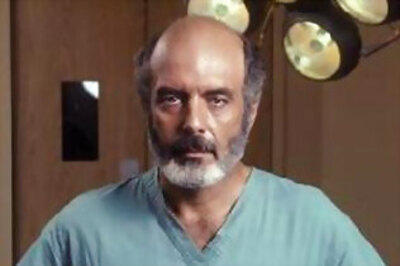


Comments
0 comment